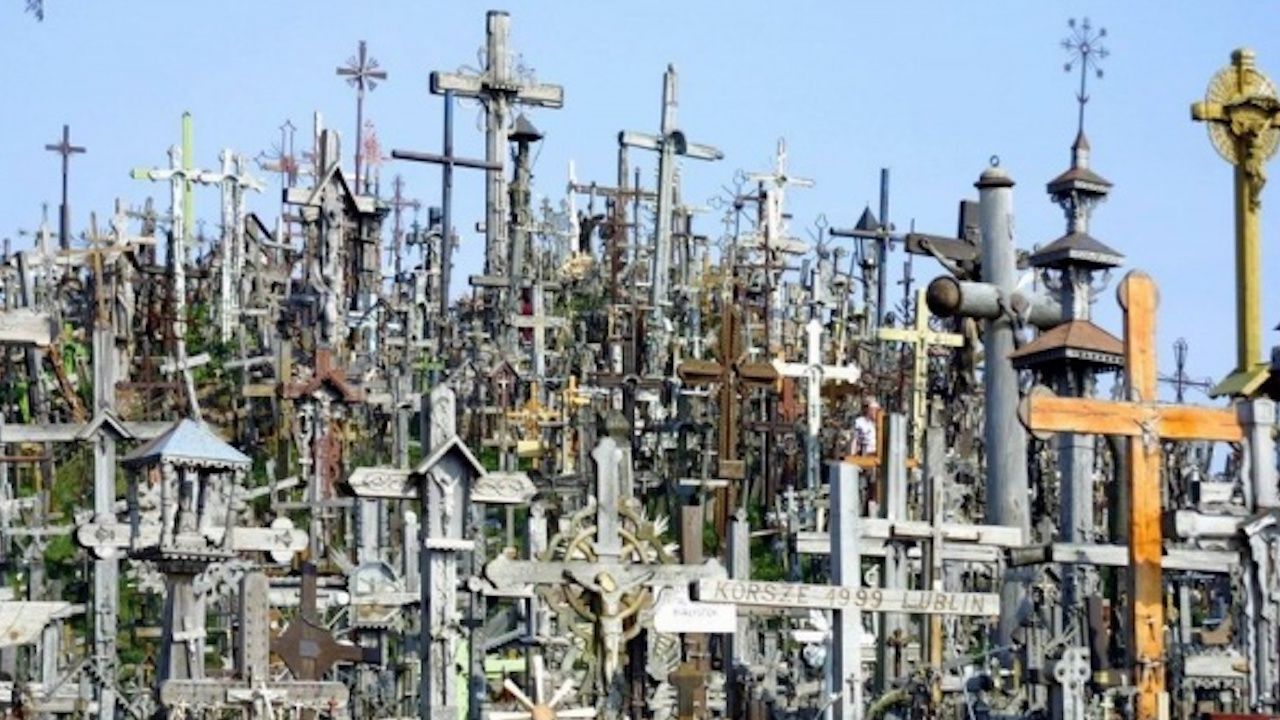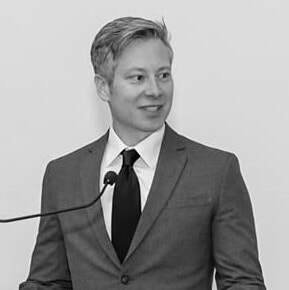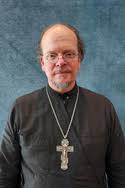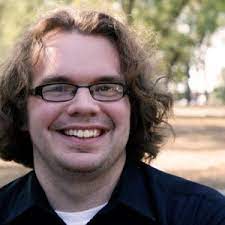Symposium







Symposium







February 2026
1
2
5pm Ray Anderson Theological Task Force
3
4
6am "Ironmen"
5
4pm Cappadocian Society
6
7:30am Prayer Group - Hill
7
8
9
5pm Ray Anderson Theological Task Force
10
11
6am "Ironmen"
12
4pm Cappadocian Society
7pm Hall of Men
13
7:30am Prayer Group - Hill
6pm Chesterton Society
14
15
16
5pm Ray Anderson Theological Task Force
17
4pm Preaching Colloquium
6:30pm Sisters of Sophia
18
6am "Ironmen"
19
4pm Cappadocian Society
20
7:30am Prayer Group - Hill
21
22
23
5pm Ray Anderson Theological Task Force
24
25
6am "Ironmen"
26
4pm Cappadocian Society
7pm Hall of Men
27
7:30am Prayer Group - Hill
28
7am "Ironmen"
Location
Eighth Day Institute at The Ladder
2836 E. Douglas Ave.
Wichita, KS 67214
©Eighth Day Institute 2026